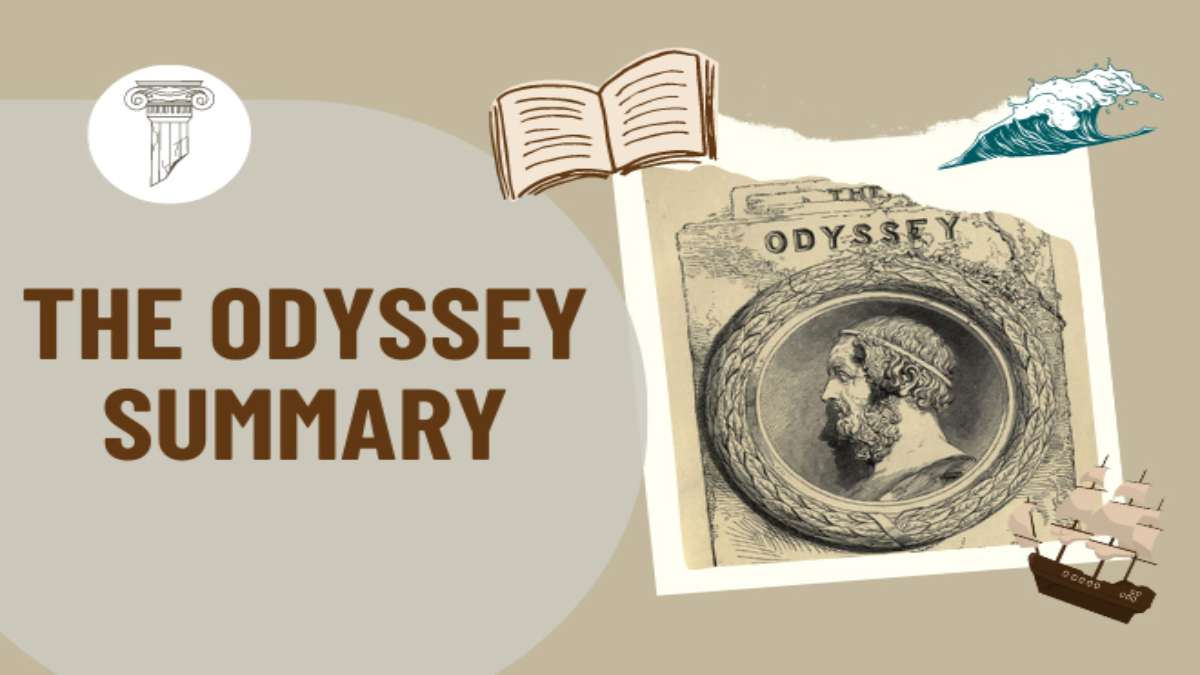Introduction
The term parasite definition book Odyssey might seem unusual at first glance. In everyday language, a parasite is an organism that lives off another. In literature, however, a parasite often refers to a character or group that survives by draining resources—physical, emotional, or social—from others. In Homer’s Odyssey, the concept of a parasite appears vividly through characters and situations that mirror this symbolic relationship.
This article examines the parasite definition book Odyssey concept in detail. It explores how Homer presents parasitism as a thematic element, analyzes the role of parasitic figures in the narrative, and discusses their symbolic meaning in the broader context of Greek literature.
Understanding the Parasite Definition in Literature
In literary analysis, a parasite is not limited to the biological definition. It often represents a metaphor for individuals who exploit others for gain. These characters typically lack independence, relying on another’s success, resources, or goodwill.
The parasite definition book Odyssey interpretation blends this figurative meaning with the social dynamics of Homeric Greece. Understanding this helps readers see deeper thematic layers in the text.
The Parasite Definition Book Odyssey: Context in Homeric Greece
Homer’s Odyssey is not just an epic adventure—it is also a moral and cultural reflection of Greek values. In the ancient Greek worldview, parasitic behavior was socially condemned, as self-reliance, honor, and hospitality (xenia) were central virtues.
The parasite definition book Odyssey context aligns with these values by framing certain characters—especially the suitors in Odysseus’ home—as parasites. They overstay their welcome, consume resources, and disrespect the code of hospitality.
Parasitic Characters in the Odyssey
The Suitors as Primary Parasites
The most obvious example of the parasite definition book Odyssey theme is the group of suitors courting Penelope during Odysseus’ absence. They exploit the hospitality of Odysseus’ household, feasting and drinking without contributing, and plot to take what does not belong to them.
Melanthius the Goatherd
Melanthius serves as a secondary example. His betrayal and willingness to side with the suitors demonstrate parasitism in loyalty—aligning with those who exploit rather than contribute.
Symbolic Parasitism in Minor Figures
Other minor characters show parasitic traits through opportunism, deception, or overreliance on others for survival.
Symbolism Behind the Parasite Definition in the Odyssey
The parasite definition book Odyssey theme operates on both literal and metaphorical levels. Literally, the suitors drain food and resources. Metaphorically, they drain the moral integrity of Ithaca, threatening its social and political stability.
This symbolism extends to the idea that parasitism erodes societal values from within, making it a cautionary motif for ancient audiences.
Parasitism as a Violation of Xenia
The Greek code of hospitality, or xenia, required hosts to provide for guests and guests to respect their hosts. The parasite definition book Odyssey shows the suitors breaking this sacred code, turning hospitality into exploitation. This violation not only justifies their eventual punishment but also reinforces the importance of mutual respect in Greek society.
How the Parasite Definition Shapes the Odyssey’s Moral Lessons
By framing certain characters as parasites, Homer reinforces several moral points:
-
Exploitation leads to downfall.
-
Respect for others’ resources is a cornerstone of civilized life.
-
True honor comes from self-sufficiency, not dependency.
The parasite definition book Odyssey interpretation also helps modern readers see parallels with real-world social dynamics, where exploitative relationships can be just as destructive.
Literary Devices Enhancing the Parasite Theme
Homer uses repetition, vivid imagery, and contrasts to emphasize parasitism:
-
Repetition of feasting scenes highlights ongoing exploitation.
-
Contrasts between loyal servants and parasitic suitors show moral divides.
-
Symbolic language frames parasitism as both personal and societal decay.
Modern Relevance of the Parasite Definition Book Odyssey
The parasite concept in the Odyssey remains relevant today. Modern readers can draw parallels between Homer’s depiction and contemporary issues such as corporate exploitation, political corruption, and social freeloading. The enduring value of the parasite definition book Odyssey lies in its universal warning against unchecked exploitation.
Conclusion
The parasite definition book Odyssey theme enriches our understanding of Homer’s epic. By identifying parasitic characters and exploring their symbolic meaning, readers gain insight into ancient Greek values and timeless human behaviors. The Odyssey uses parasitism not just as a plot device but as a moral lesson that resonates across centuries.
FAQ Section
What does parasite mean in the context of the Odyssey?
It refers to characters who exploit others’ resources and hospitality without contributing, such as the suitors.
Who are the main parasites in the Odyssey?
The suitors are the primary example, draining Odysseus’ household of food, wealth, and honor.
How does parasitism relate to xenia in the Odyssey?
Parasitism violates xenia by turning the sacred guest-host relationship into exploitation.
Why is the parasite theme important in the Odyssey?
It reinforces moral lessons about respect, honor, and the dangers of exploitation.
Can the parasite concept in the Odyssey be applied to modern society?
Yes, it parallels issues like corporate greed, political exploitation, and social freeloading.
Does Homer portray all guests as parasites?
No, many guests respect xenia, contrasting sharply with the parasitic suitors.
What is the punishment for parasites in the Odyssey?
The suitors face death at the hands of Odysseus, symbolizing justice for exploitation.
How can studying this theme enhance literature analysis skills?
It trains readers to identify symbolic patterns and connect ancient works to modern contexts.
